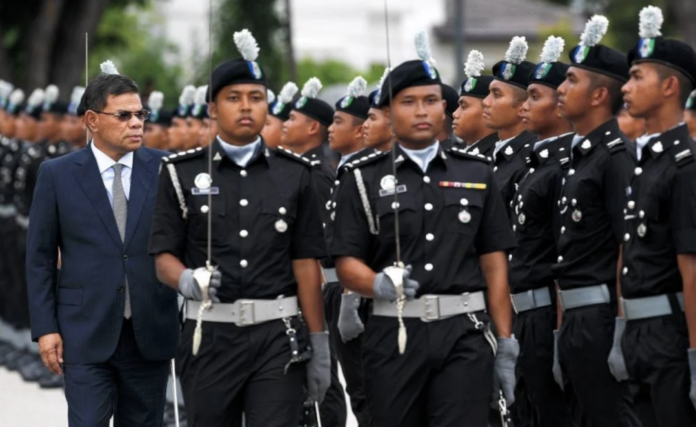PORT DICKSON, May 21 — The Immigration Department will station more officers at key entry points into the country in Kuala Lumpur and Johor according to requirements to reduce congestion in those locations.
Home Minister Datuk Seri Saifuddin Nasution Ismail said initially 100 officers who ended training today will be stationed at strategic locations, including Sultan Iskandar Building and Sultan Abu Bakar Complex in Johor, while another 100 officers will be assigned to the Kuala Lumpur International Airport (KLIA) 1 and 2 from tomorrow.
“Most importantly, we will assign them to those locations as there were shortages previously in terms of assignment…we believe besides the quick response team we established ad hoc previously, I’m optimistic their assignments will solve the issue of congestion at entry points.
“We have 140 entry points, so we can add more at other points as we are determined to reduce congestion at strategic entry points, so of course the action of assigning them there is a priority compared to other areas,” he told reporters after attending the end of training ceremony at the Malaysian Immigration Academy here today.
The 200 officers are from 222 officers who finished their training today, and the remainder will be assigned to the Putrajaya Security and Passport Division, the Malaysian Immigration Academy and the Kuala Lumpur, Putrajaya, Selangor and Sarawak Immigration Departments.
Saifuddin Nasution also said that the Immigratoin Department contributed RM5.2 billion to the national collection through its services, levies, and other programmes, including the workforce recalibration programme.
He said the department’s significant contribution to the country, not only in terms of revenue and an economic growth stimulus, but also in terms of security and public order.
He said that from Jan 1 to May 18, the department executed 3,147 enforcement operations with 35,387 individuals checked and 21,125 illegal immigrants detained.
















